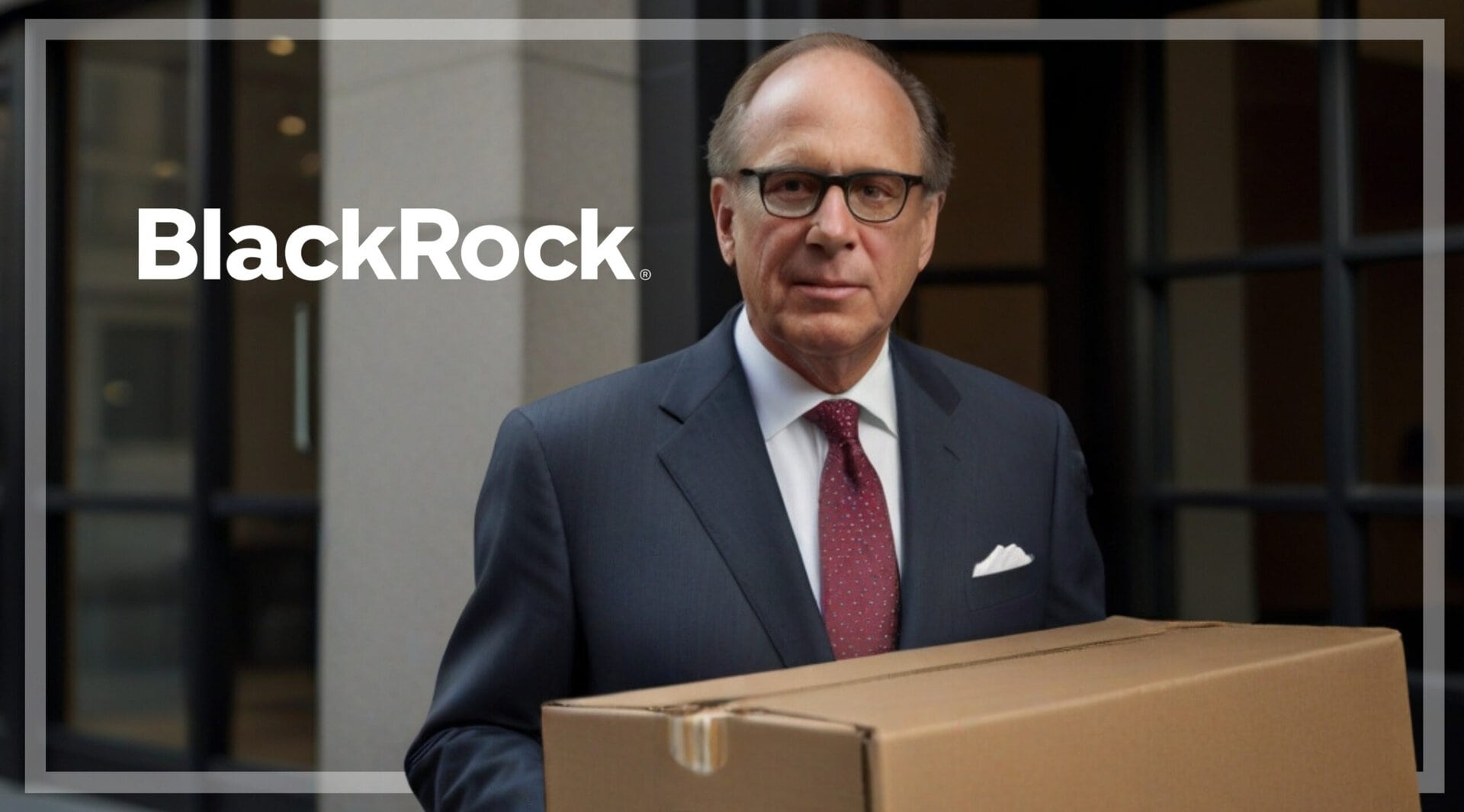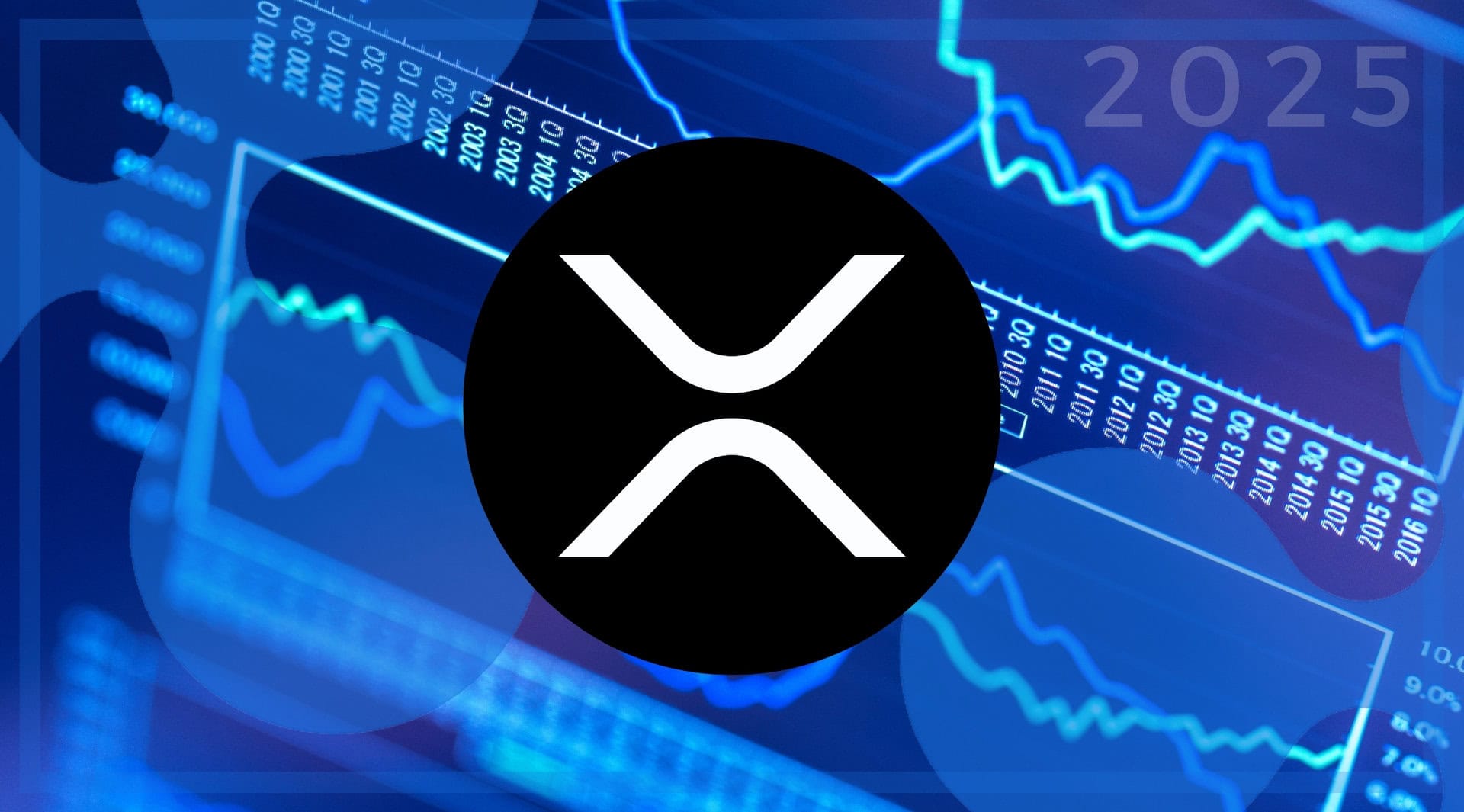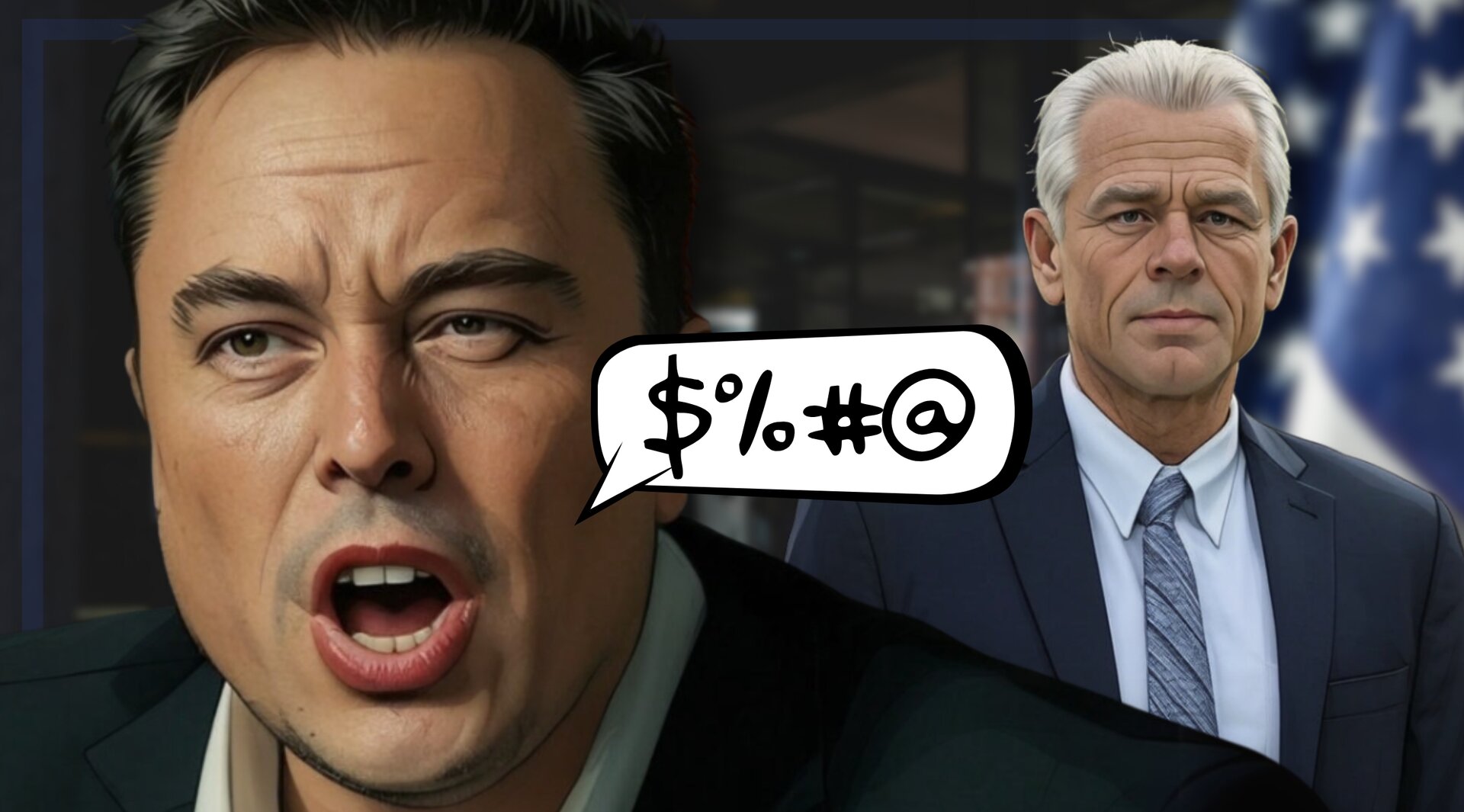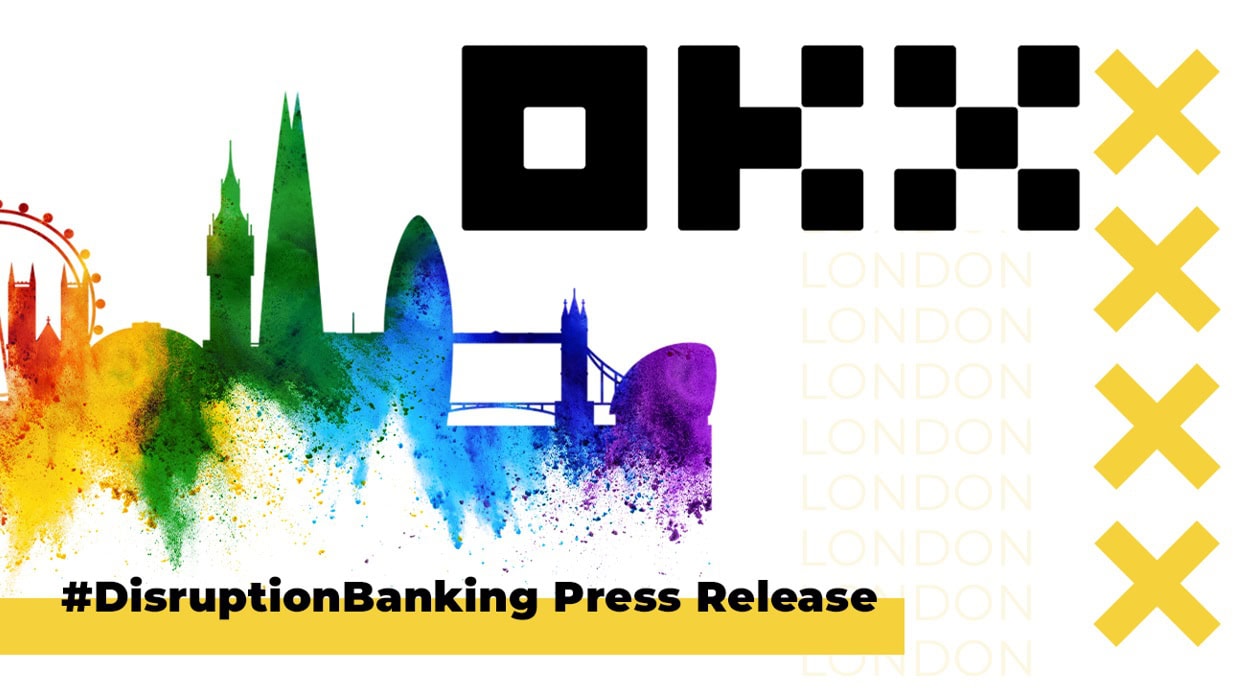It’s been a busy few months at BlackRock. First, we heard from Larry Fink in his annual letter to investors at the end of March. Then first quarter earnings at the world’s largest asset manager were announced yesterday.
Each year Larry Fink, Chairman and Chief Executive Officer of BlackRock, publishes an open letter to investors. At #DisruptionBanking we regularly cover news about Fink and some of the challenges he and his firm face. However, last year things became dramatically different. Yes, BlackRock’s Aladdin platform is one of the most popular portfolio management software solutions on the market today. But the success of the first bitcoin ETF was a much bigger achievement in recent times.
We mentioned how Fink was bullish on digital assets in a story about BlackRock choosing BNY’s new blockchain accounting tool last week. Fink is championing tokenization. Part of the reason is the performance of the iShares Bitcoin Trust ETF, or IBIT.
BlackRock’s iShares Bitcoin Trust (IBIT) is a spot bitcoin ETF that was approved by the SEC in January 2024. IBIT is famous for gaining over $1 billion in assets under management (AUM) in the first week of trading.
What Did Larry Fink Write About the BlackRock iShares Bitcoin Trust?
In his letter, Fink highlighted the acquisition of Barclays Global Investors (BGI) by BlackRock in 2009. This is where the original iShares ETF business is from. To explain the significance of ETFs to BlackRock, he added how since 2015, BlackRock’s ETFs have saved its clients $642 million in fees.
On the topic of IBIT, he didn’t name the ETF directly, rather he referred to it as “BlackRock’s U.S.-based Bitcoin exchange-traded product (ETP).” He added how it was the largest exchange-traded product launched in history, growing to over $50 billion of AUM in less than a year. Although we suggest that he means the entire portfolio of digital assets ETFs when he mentions this number. There is also an iShares Ethereum Trust ETF, that performed very well in 2024.
The retail investor was on the agenda next. Fink explained how “more than half of demand for BlackRock’s Bitcoin ETP has been from retail investors,” and how “three-quarters of those investors have never owned an iShares product before.”
Fink points a finger at Europeans, of whom only one-third have capital markets investments, compared to more than 60% of Americans. He sees Europe as a huge growth opportunity, if Europeans start to take advantage of access to platforms like Revolut which offer ETFs on its platform.
What Were BlackRock’s Earnings for the First Quarter 2025?
“Uncertainty and anxiety about the future of markets and the economy are dominating client conversations,” Fink wrote in the earnings report published yesterday. And, whilst the results look good compared to the first quarter of 2024, they are nothing to write home about compared to the last quarter of 2024.
Take digital assets, as the most recent earnings report refers to ‘crypto’. In the first quarter of 2025 BlackRock declared only $3 billion in net flow, compared to $18 billion in the last quarter of 2024. Money market funds and cash are the priorities for investors according to Fink. Digital assets as an investment may not be on everybody’s minds like a year ago. However, this week has seen chaos hit bond markets which are normally stable during moments of uncertainty.
BlackRock shares finished trading up 2.33 percent yesterday. Although so far this year stock is 10 percent down.
The future remains uncertain, even the normally bullish Fink has quietened his rhetoric when it comes to digital assets since Liberation Day. Markets have been struggling to keep on top of changing tariffs on China, let alone Trump’s U-turn this week.
The new XRP ETF may have cheered wider crypto enthusiasts temporarily, but overall it is not clear when markets will start to calm. And whether other digital assets can create sustainable momentum. BlackRock’s results may show growth, but in a market desperate for good news, the asset manager could have done better.
Author: Andy Samu
See Also:
BNY and BlackRock Bet Big on Blockchain’s Future | Disruption Banking
Will Trump’s Liberation Day Cause a Stock Market Crash? | Disruption Banking














